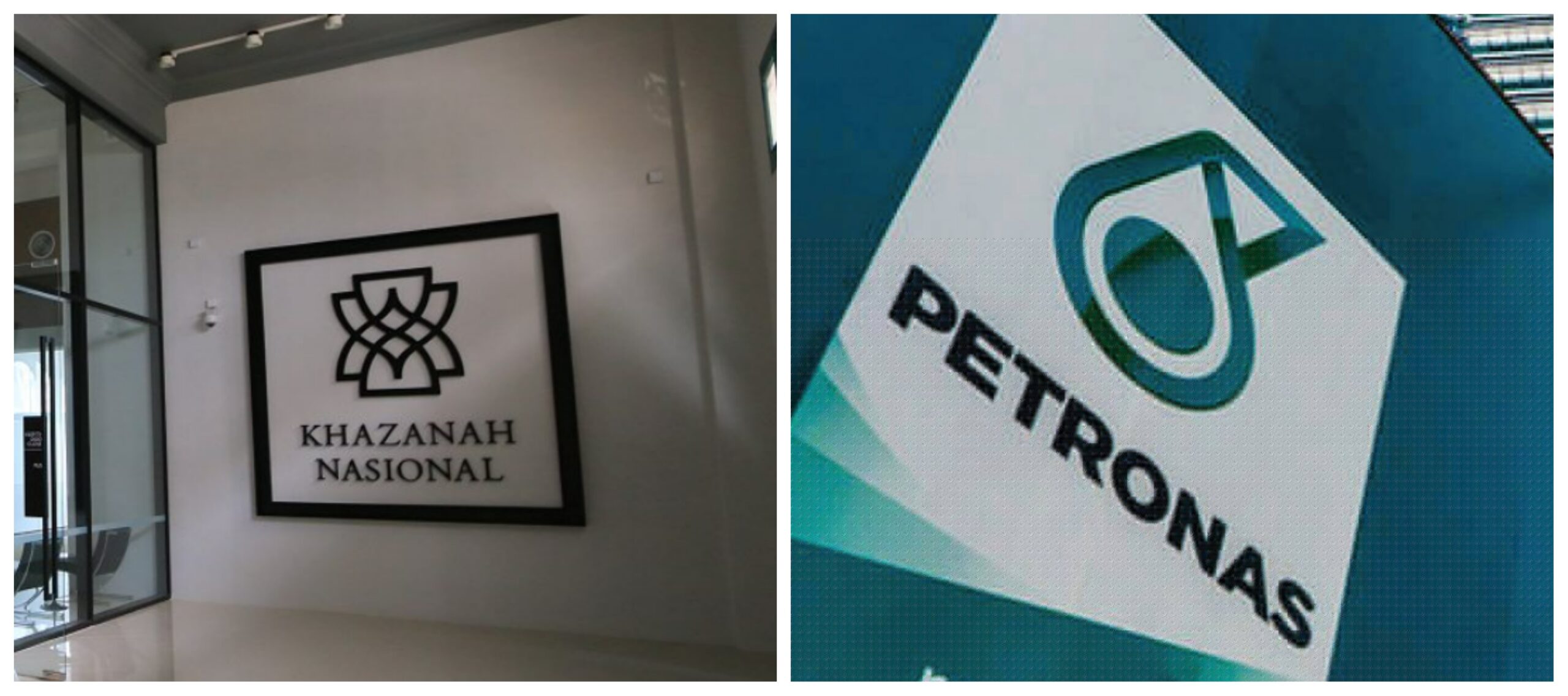IN the context of government-linked companies (GLCs) and government-linked investment companies (GLICs), there must be a line drawn between national interest-cum-social obligation and profitability-cum-net cash possession for business survivability, lest their existence is nothing more than to serve as cash cows for random milking.
On Wednesday (March 2), Khazanah Nasional Bhd unveiled a not surprising dismal financial performance for its FY2021 with its profit from operations nosediving to RM670 mil from RM2.9 bil in FY2020.
Understandably, the profitability of the sovereign wealth fund was severely dragged down by continuing financial assistance rendered to the group’s airline and tourism subsidiaries/affiliates which are still weathering headwinds from the impact of COVID-19 pandemic-driven movement restrictions.
Interestingly, Khazanah also revealed that its net asset value (NAV) grew almost 9% to RM86 bil (FY2020: RM79 bil) and that it declared a dividend of RM2 bil to the Malaysian Government for 2021.
The sore point which begs questioning is how on earth could Khazanah channel RM2 bil to the Government’s coffers when its own 2021 profits (from operations as opposed to pre-tax/net profit) “was also impacted by lower fair value gains and lower dividend income from investee companies on the back of subdued 2020 earnings”.
Given that the RM2 bil dividend sum far exceeded its net profit of RM670 mil (by a whopping 66.5% to be precise), would it be sensible for the layman to assume that Khazanah has dug deep into its cash reserves to fork out the balance RM1.33 bil to make up for the shortfall?
If such is the case, should Malaysians raise a red flag that Khazanah has overlooked the law of financial prudence as its action may lead to the sovereign wealth fund bleeding itself to a sorrowful state in the event its profit for FY2022 and beyond continues to shrink while it continues to cough out RM2 bil per annum to fulfil its dividend obligation?
This is even as Khazanah can brag that its assets under management of about RM120 bil as of end-2020 by being Malaysia’s top three sovereign wealth fund (SWF) behind Retirement Fund Inc’s (KWAP) RM150 bil but six times that of Kumpulan Wang Amanah Negara’s (KWAN) RM20 bil (as per unaudited estimates of Malaysia’s three SWFs released under the PERKUKUH initiative launched on Aug 13 last year).
Khazanah cannot afford to throw caution to the wind even as it claims to “have achieved several significant milestones including the timely completion of Malaysia Aviation Group’s (MAGB) restructuring exercise which saw the reduction of RM15 bil in liabilities”.
This is because commitments related to the bailing out of the national carrier has long been a thorn in the flesh for Khazanah, henceforth taxpayers may not readily accept Khazanah’s argument that its “restructuring effort has enabled MAGB to be more financially resilient and readies the airline operations for the anticipated recovery in air travel”.
In the same light, the almost tripling of national oil corporation PETRONAS’ net profit to RM48.6 bil from a net loss position of RM21.03 bil should not warrant a consistent/fixed RM25 bil annual dividend payout to the Government.
It is mind boggling as to how the oil giant, which ranked 277th in the 2021 Fortune Global 500 list, was made to declare RM25 bil to the Government even as it succumbed to net loss of RM21.03 bil in FY2020 as global oil prices plummeted from heightened COVID-19 concerns.
With price of Brent crude – the global oil benchmark – having breached a 14-year high of US$107/barrel in recent times due to the unsettled Russia-Ukraine geopolitical concerns, there are high chances that PETRONAS’ financial performance could improve by leaps and bounds in FY2022.
Even in good times, PETRONAS should not be obliged to dish out RM25 bil per annum to the Government for the oil & gas (O&G) industry is highly volatile with good times not likely to stay for long.
What about its future research & development (R&D) investments? It should also address its sustainability and alternative business options. PETRONAS should be allowed to grow its cash reserves without having to owe the powers that be a living. – March 4, 2022










